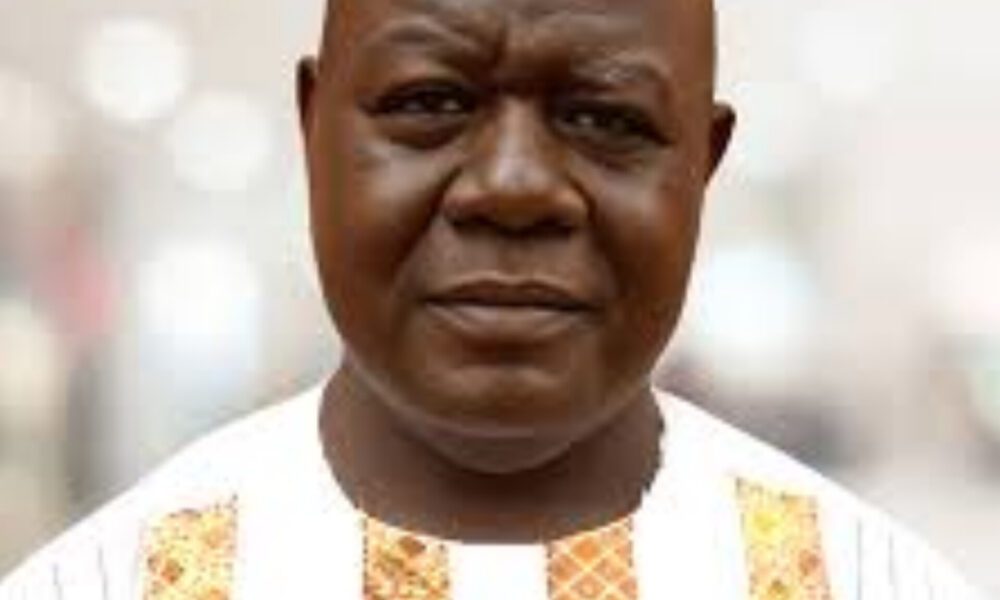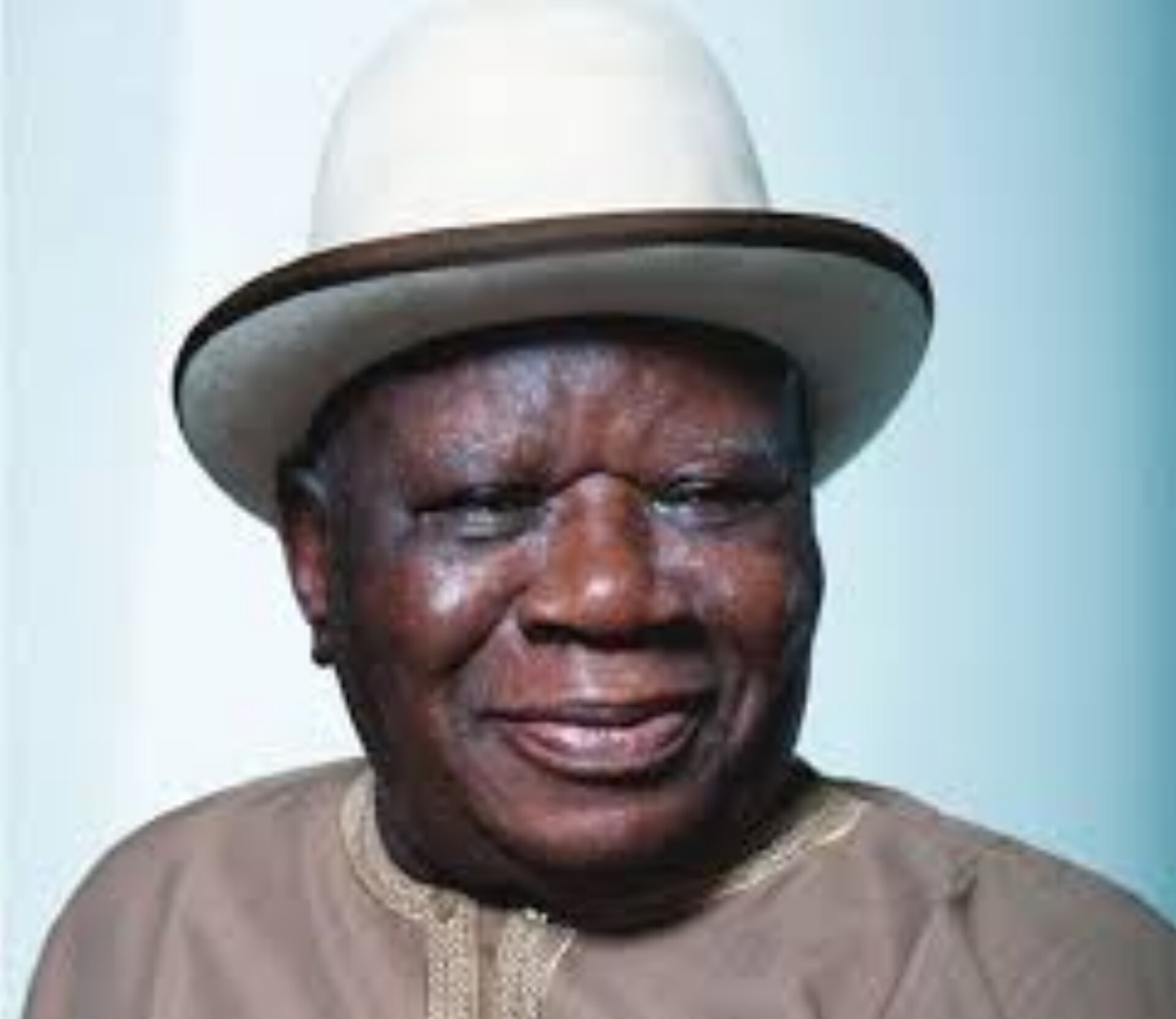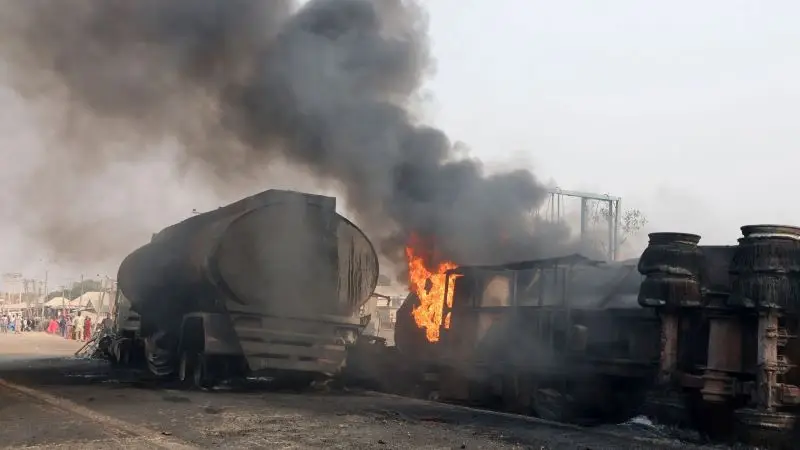In a compelling address on World Food Day, Prof. Job Nmadu from the Federal University of Technology, Minna, outlined essential strategies for Niger State to tackle hunger and improve public health.
Prof. Nmadu emphasized the need for sustainable agricultural policies and significant infrastructure investments to effectively leverage the state’s fertile lands. He pointed out that over 40% of Niger’s population faces food insecurity and called for comprehensive strategies, including educating farmers on safe agricultural practices and promoting environmentally sustainable methods.
He lauded the ‘NigerFoods’ revolution initiated by the State Governor, aimed at enhancing food production and accessibility. However, he stressed that the success of this initiative hinges on its inclusivity and adaptability. “The Niger State Agricultural Revolution has the potential to be a game-changer in addressing hunger and improving health in the region,” he remarked.

Additionally, Prof. Nmadu praised the establishment of the Abdulsalami Abubakar University of Agriculture and Climate Change, highlighting its role as a hub for agricultural innovation and research. He urged collaboration among government bodies, NGOs, and farmers to build a resilient food system that ensures equitable access to nutritious food for all Nigerlites.
Addressing the global hunger crisis, with over 828 million affected in 2023, Prof. Nmadu noted the urgent need for access to safe, nutritious, and sufficient food. He acknowledged existing government initiatives, including the ‘NigerFoods’ revolution, but stressed the importance of partnerships with organizations like FAO and WFP, as well as programs such as the National Agricultural Technology and Innovation Plan (NATIP) and the Anchor Borrowers’ Programme (ABP).
He outlined several key areas for improvement to include sustainable Agricultural Policies thriugh focus on enhancing rural development and access to quality inputs.
Another area he said is the education on Health Implications by launch of public awareness campaigns to inform farmers about unsafe practices.
He also highlighted the need for sustainable environmental practices that promote methods like crop rotation, organic farming, and modern livestock management.
The professor also urged the government to encourage collaboration with local farms and research institutions for integrated agricultural research and production models.
“The establishment of the Abdulsalami Abubakar University of Agriculture and Climate Change in Mokwa is a significant step toward achieving food security and improving health outcomes,” Prof. Nmadu stated.
He concluded that by addressing poverty through targeted interventions and promoting sustainable agricultural practices, Niger State can pave the way for a resilient and inclusive food system. The success of this agricultural revolution, he noted, depends on the collaboration of all stakeholders, including government, NGOs, farmers, and local communities.




